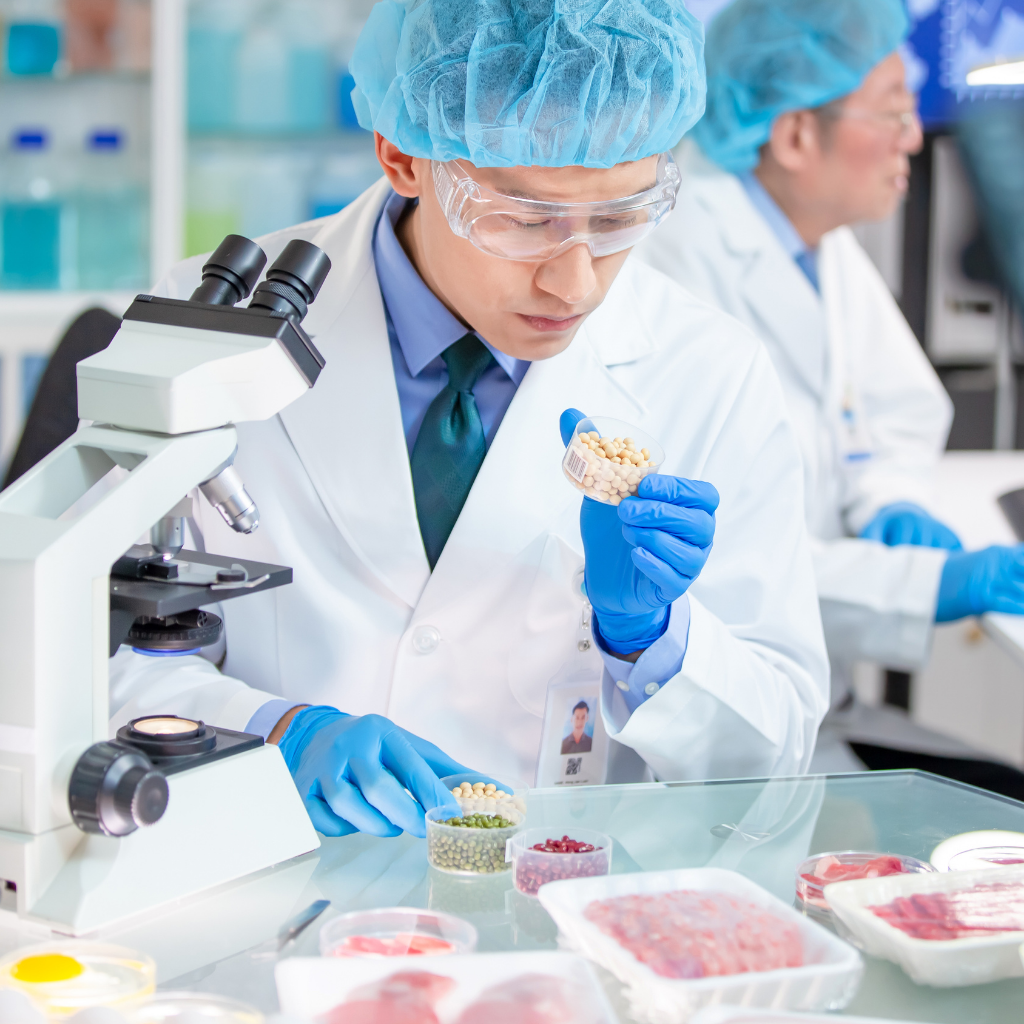The world of healthcare is evolving rapidly, and with it, the demand for skilled paramedical professionals is higher than ever. While classroom learning builds a strong foundation, true expertise comes from hands-on paramedical training that prepares students to step confidently into real-world healthcare settings.
Why Hands-On Training Matters in Paramedical Education
Paramedical sciences are all about applying knowledge in practical situations. Whether it’s assisting doctors, handling diagnostic equipment, or providing patient care, students need more than just theory—they need clinical exposure.
At institutes like Diagnopein Paramedical, students not only learn the concepts but also get direct experience in hospitals, diagnostic centers, and clinics. This ensures they are job-ready from day one.
From Books to Bedside: The Journey of a Paramedical Student
- Classroom Learning: Students build a base with anatomy, physiology, pathology, and equipment handling.
- Laboratory Practice: They sharpen their skills in simulated labs before entering clinical practice.
- Clinical Rotations: Hands-on experience in real healthcare settings bridges the gap between theory and practice.
- Mentorship: Experienced doctors and technicians guide students through procedures, enhancing confidence and accuracy.
Career Advantages of Hands-On Paramedical Training
- Confidence in Patient Care – Students learn how to interact with patients, take samples, and operate equipment with ease.
- Industry-Ready Skills – Employers prefer candidates who have practical exposure over purely theoretical knowledge.
- Faster Job Placement – Students trained under real-world conditions find it easier to transition into roles in hospitals, labs, and clinics.
- Opportunities Abroad – Hands-on training makes students more competitive for global healthcare opportunities.
Courses That Benefit Most from Hands-On Training
Some of the top paramedical courses where practical exposure is crucial include:
- Diploma in Dialysis Technician – Operating dialysis machines and assisting kidney patients.
- Diploma in X-Ray Technician – Performing X-rays and imaging diagnostics.
- Diploma in Medical Lab Technology (DMLT) – Running blood tests, urine analysis, and microbiology studies.
- Diploma in Dental Hygiene – Patient care, oral hygiene, and dental procedures.
Each of these courses demands real-world practice to ensure students are confident in delivering patient care.
Why Choose Diagnopein for Paramedical Training?
- Experienced Faculty: Learn from doctors and industry professionals.
- Clinical Exposure: Training at leading hospitals and diagnostic centers.
- Job Placement Support: Career guidance and tie-ups with reputed healthcare providers.
- Affordable Courses: Quality education at competitive fees.
👉 Explore more about the courses and career opportunities at Diagnopein Paramedical.
Final Thoughts
Healthcare isn’t just about theory—it’s about action. With hands-on paramedical training, students transform from learners into skilled healthcare professionals, ready to make a difference in people’s lives. Choosing the right institute with strong clinical exposure can be the key to a successful and fulfilling career.

